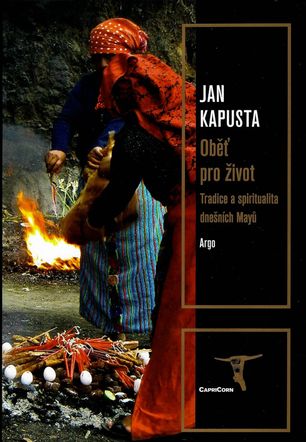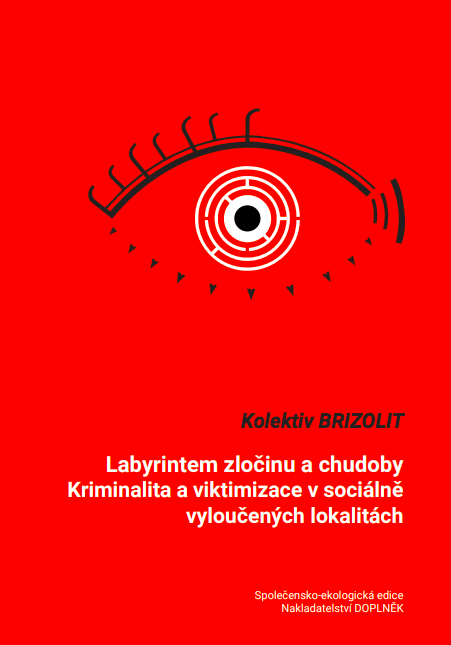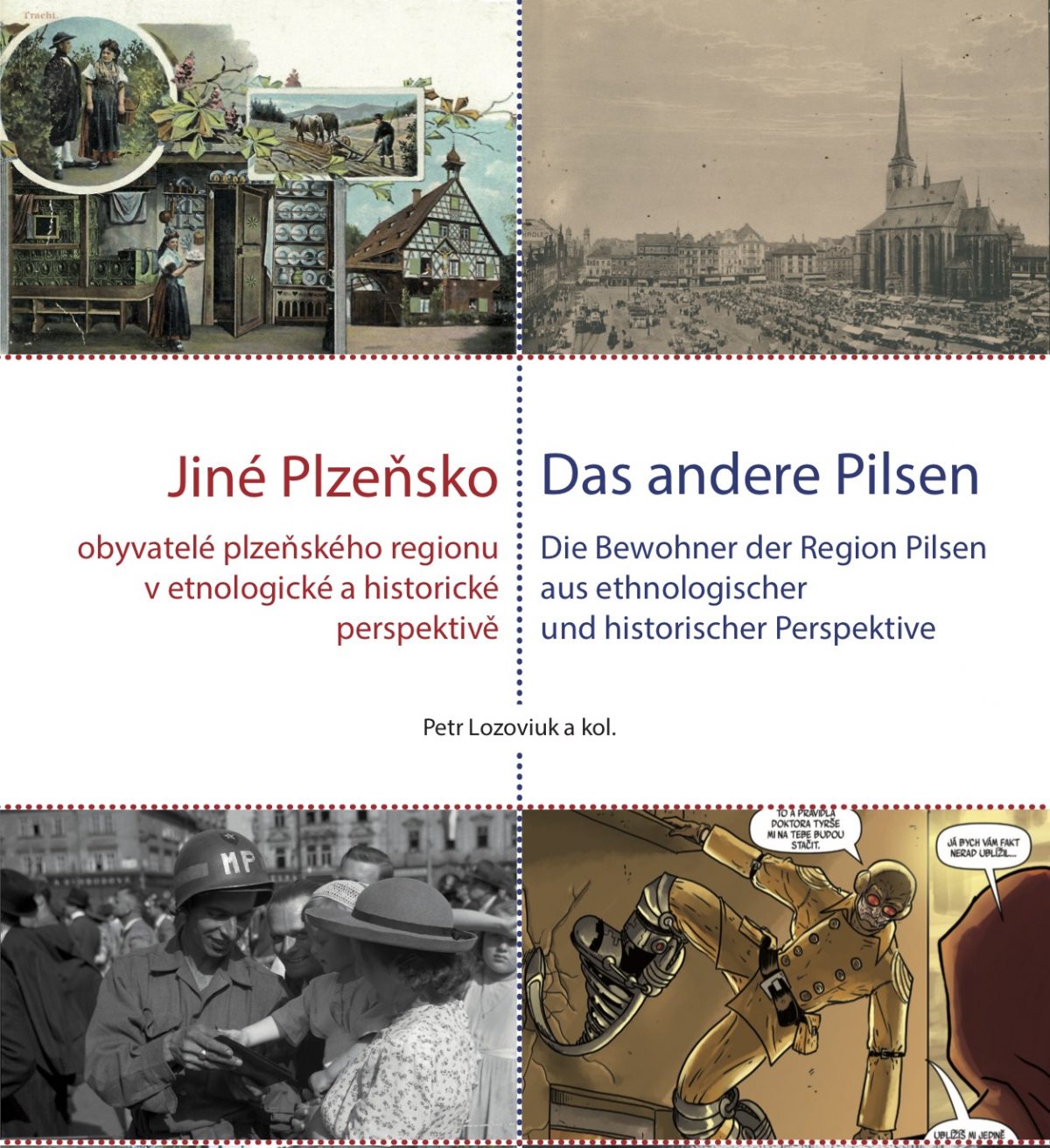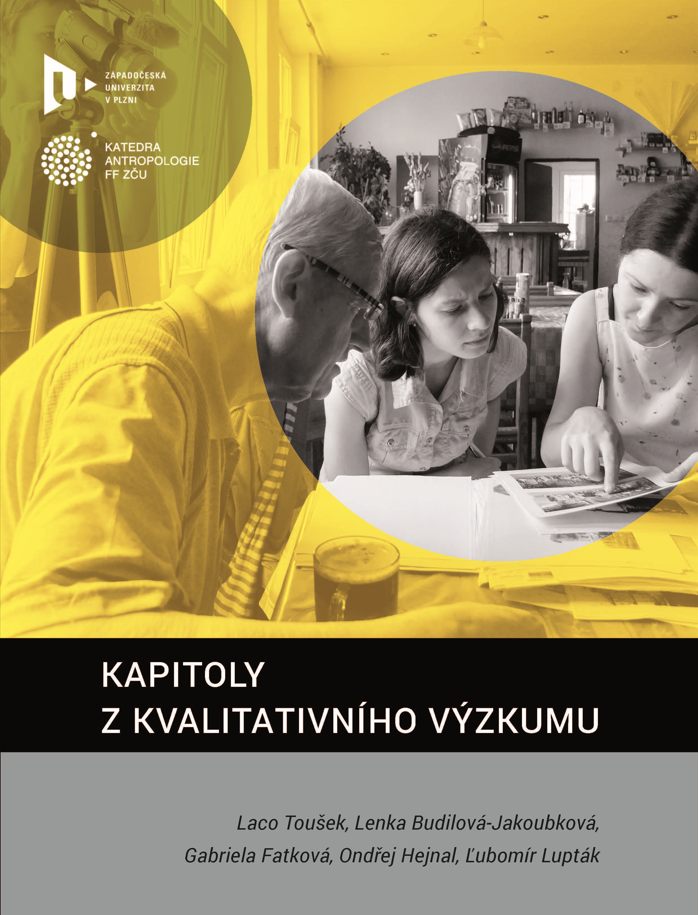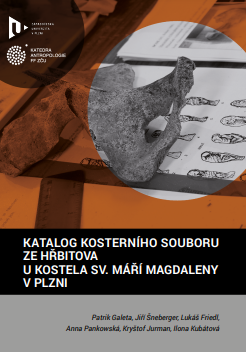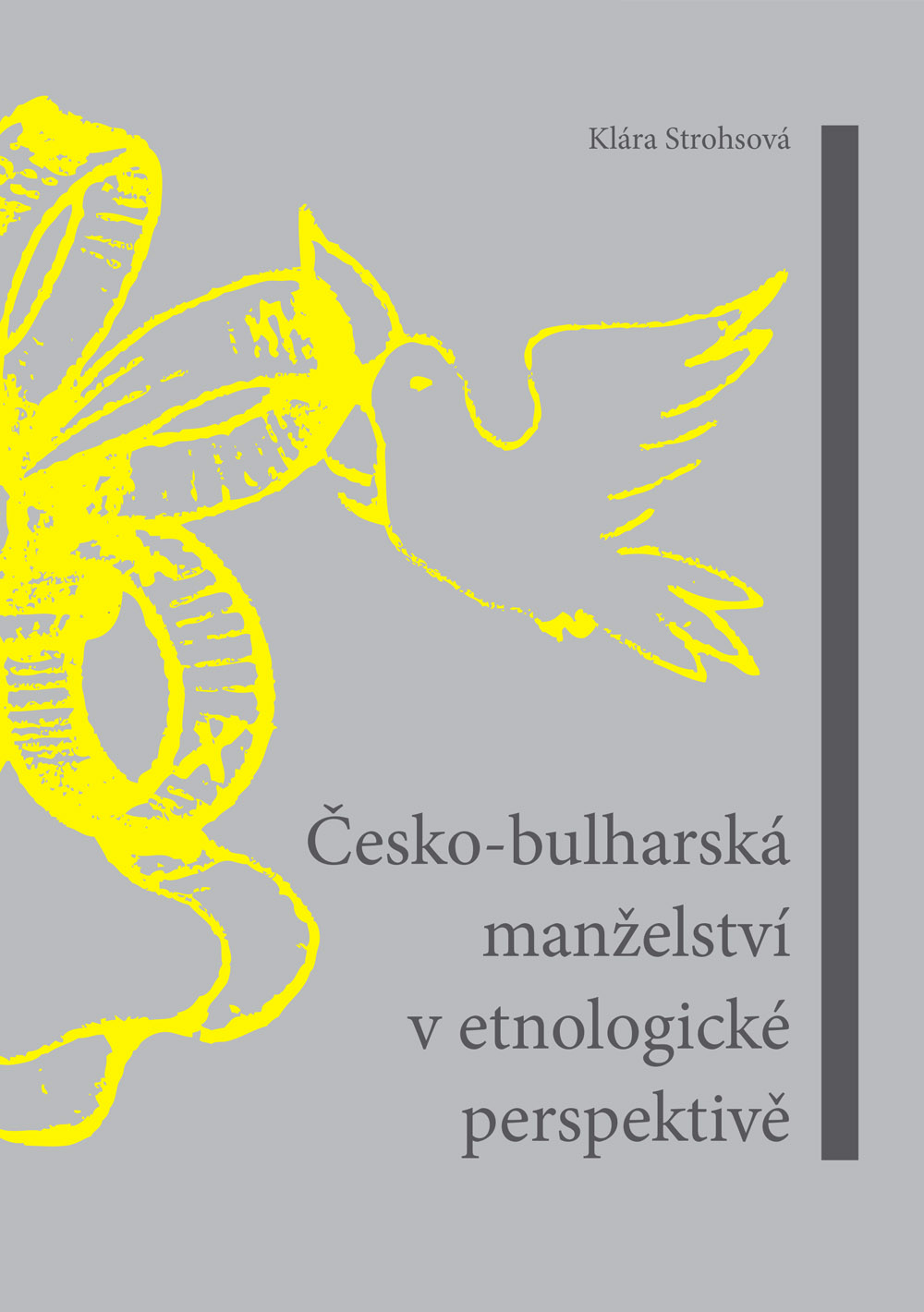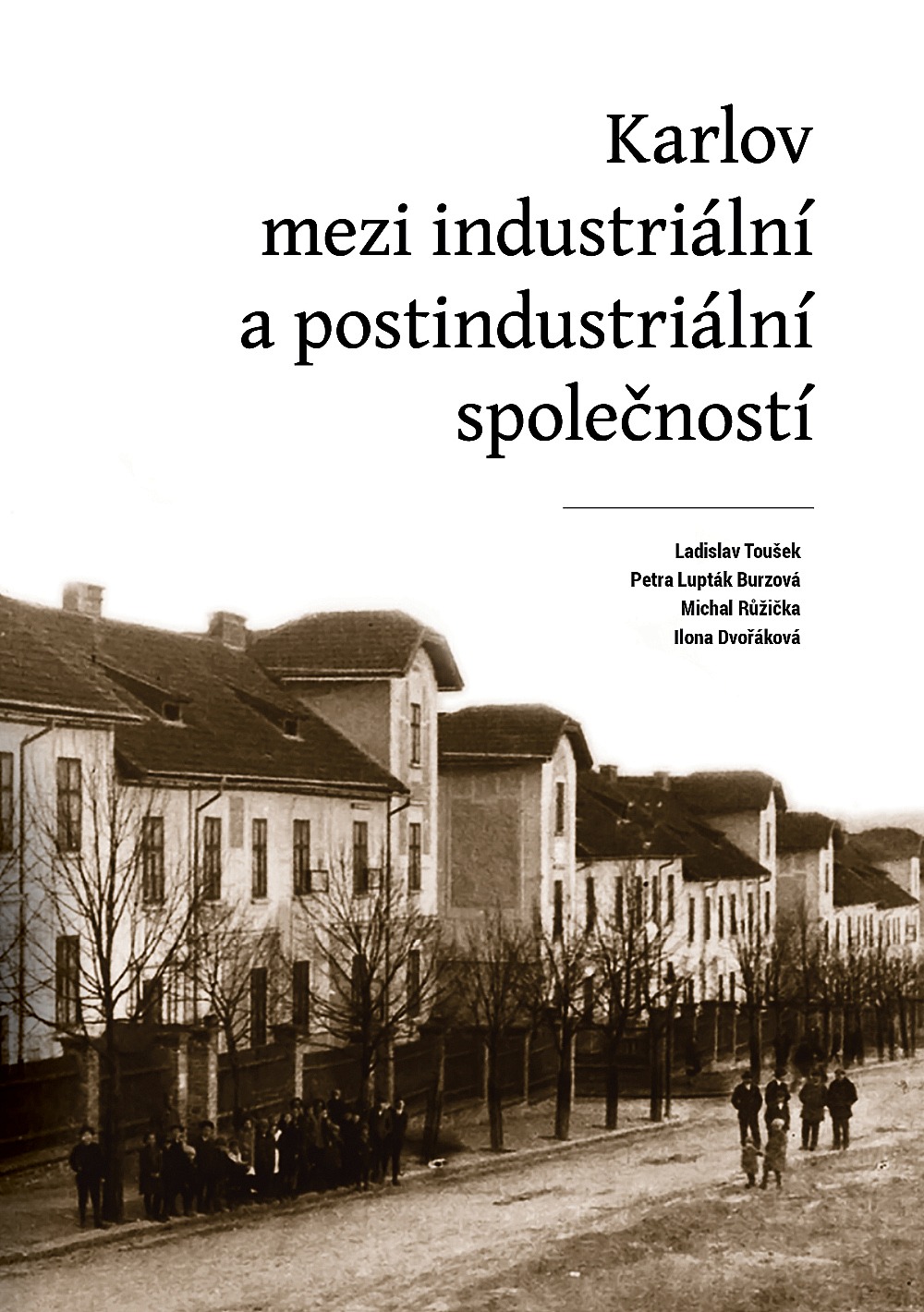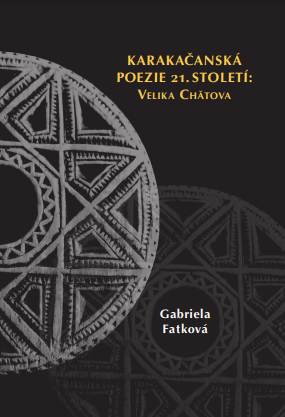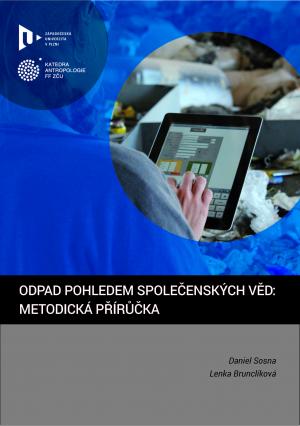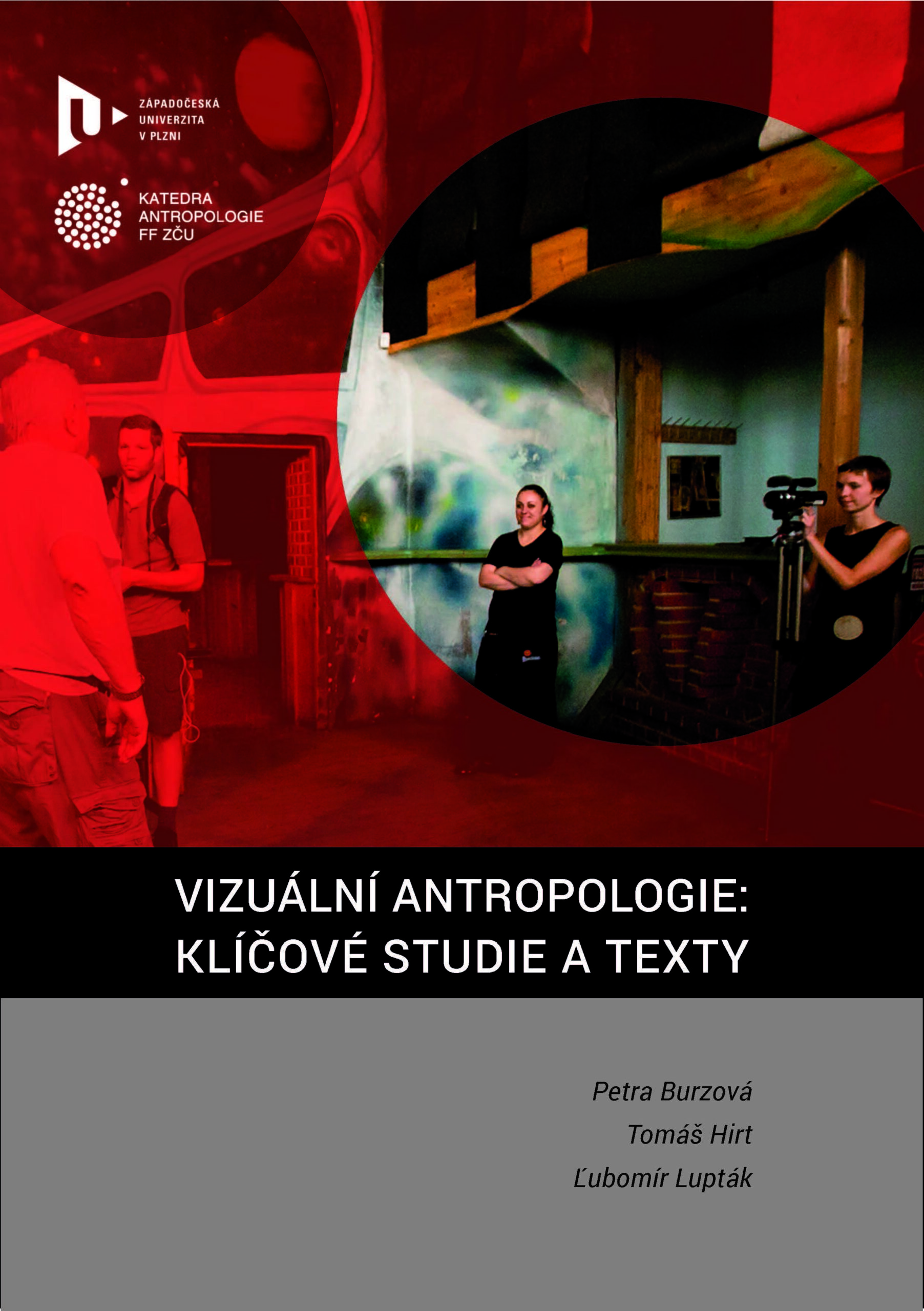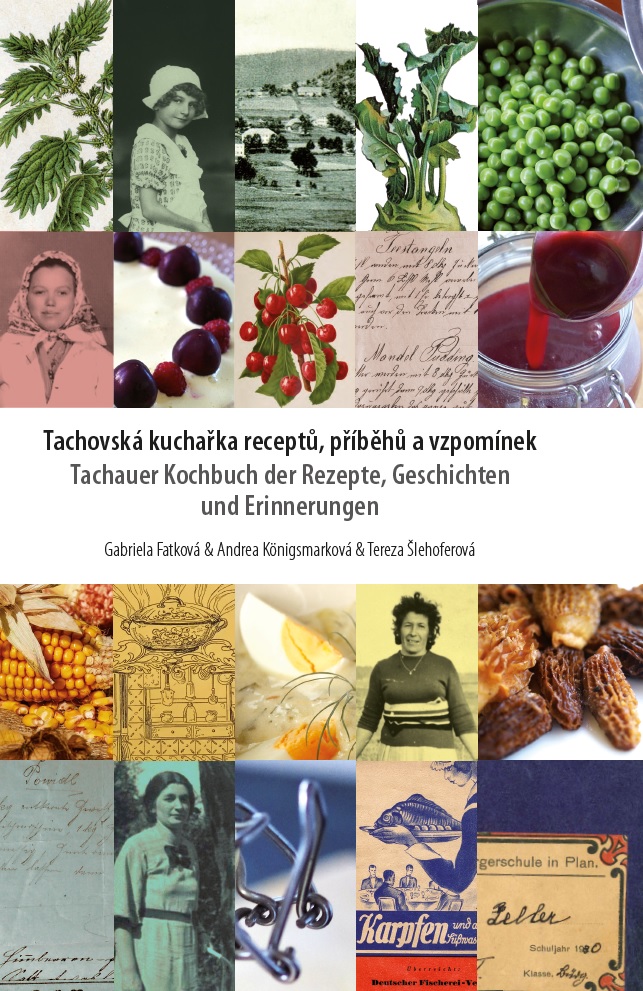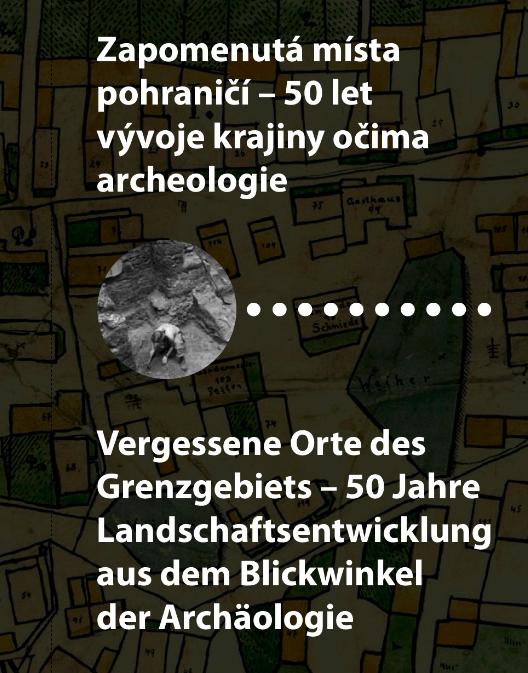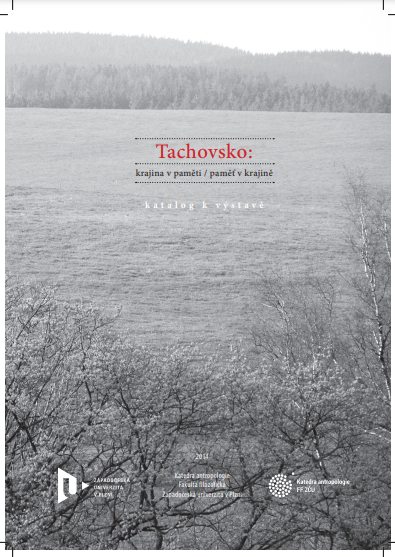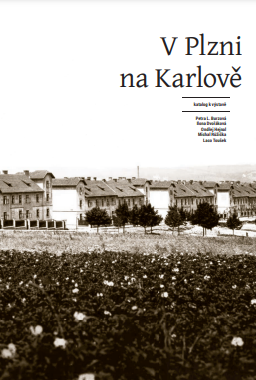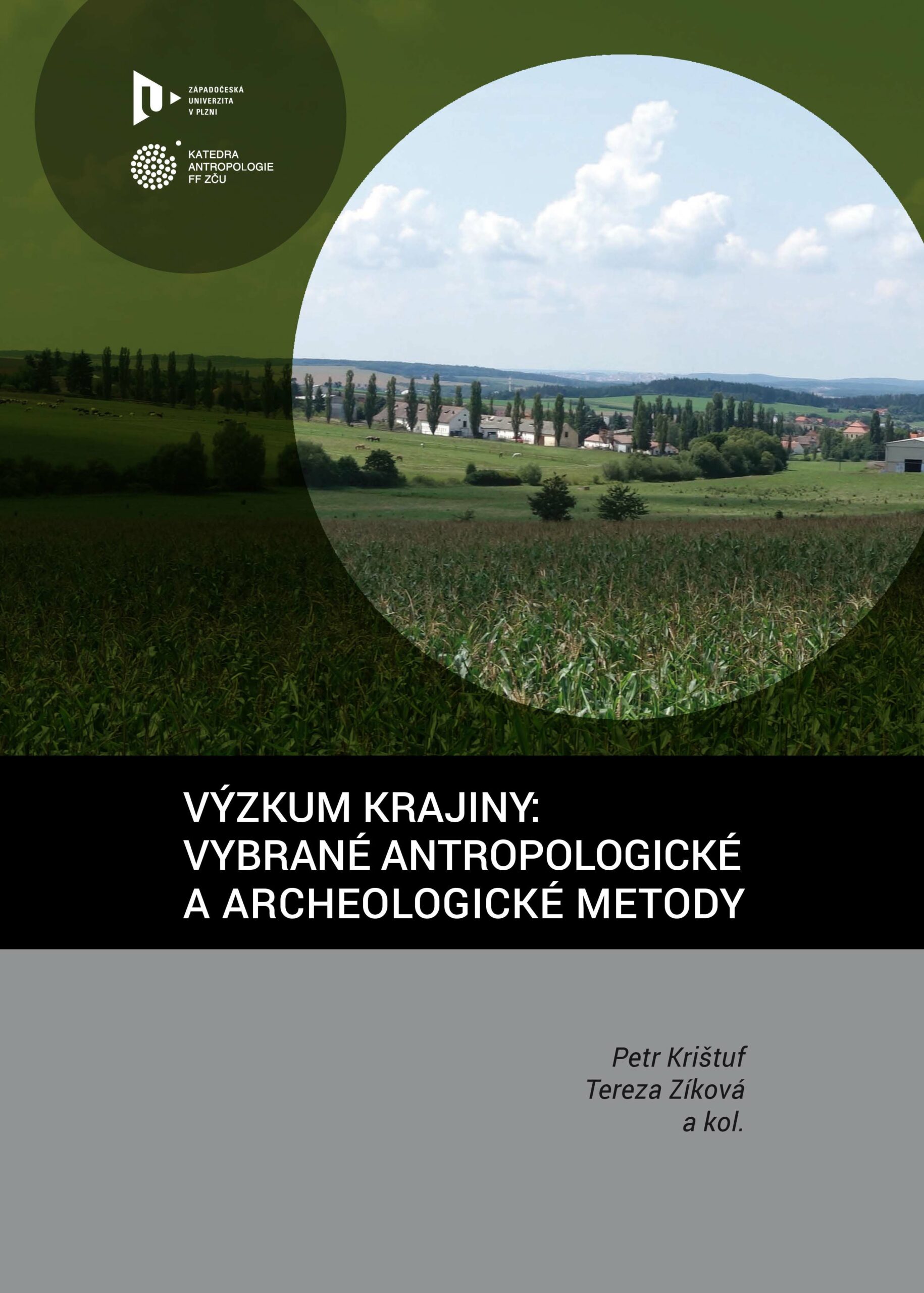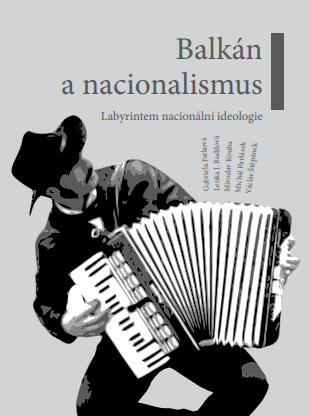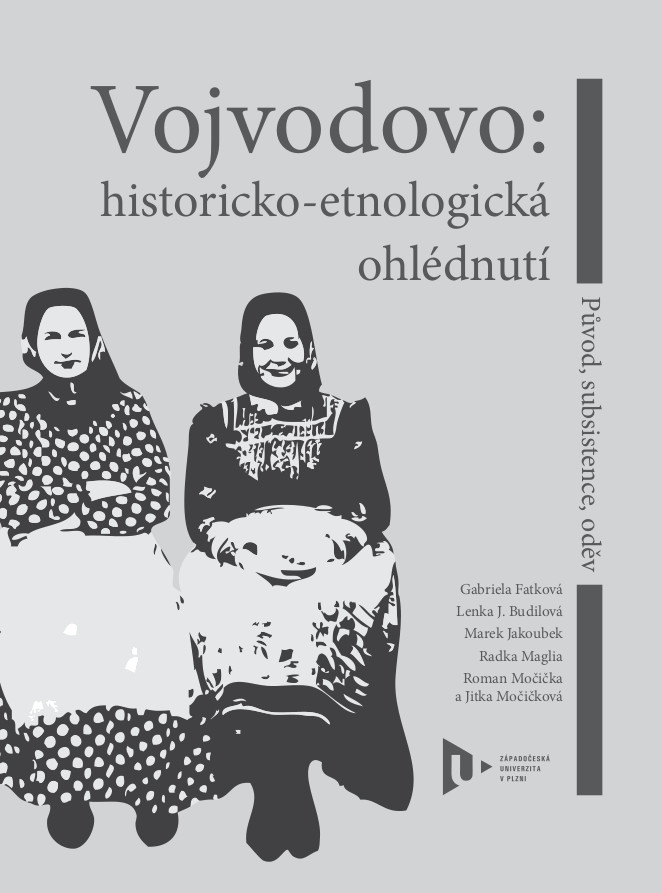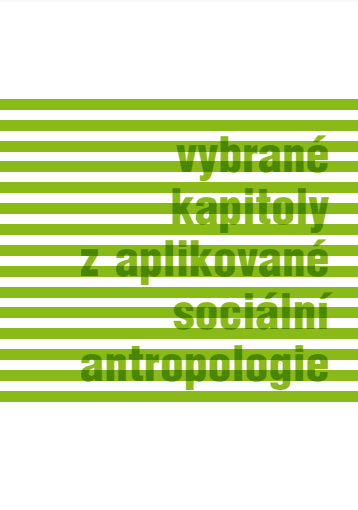Books
Overview of Books
Ethnology of the Beach
Petr Lozoviuk, Martina Vítová. 2022.
The beach serves as a highly productive setting for reflecting on various social processes and phenomena. From a functional perspective, it is not merely a place for recreation, relaxation, or sports. In its complexity, the beach is a unique social space characterized by a distinct perception and experience of the body and the presence of specific, implicitly understood behavioral norms.
It is also a space where social capital and prestige can be accumulated, a site of livelihood activities, unique forms of communication, and specific conflicts. The beach is notable for its high level of communication, though this is not dominated by direct discourse. Nevertheless, the topics of conversation, the participants, and the situations in which they occur hold considerable research interest. Even more significant, however, is the nonverbal communication that prevails, with the human body serving as its prominent medium.
The beach can be viewed as an environmental and distinct social space where two fundamental principles of human behavior intertwine. Aspects of personal intimacy, usually concealed, overlap here with behavior typically deemed acceptable in public. This dynamic alters the perception of social behavior regulation and the rules governing it: what is unacceptable elsewhere may be tolerated on the beach.
If public space acts as a “stage” for individual behavior and private space as its “backstage,” the beach emerges as an arena combining both characteristics. The authors of this study argue that exploring these and similar ideas forms the foundation of “beach ethnology,” an original disciplinary contribution aimed at reflecting the so-called culture of everyday life.
A Sacrifice for Life: The Traditions and Spirituality of Today’s Maya
Jan Kapusta. 2020.
Through the Labyrint of Crime and Poverty
The Other Plzeň Region: Inhabitants of the Plzeň Area in Ethnological and Historical Perspective
Kateřina Dobrovolná, Petr Janeček, Markéta Lehnerová, Petr Lozoviuk, Nela Štorková, Marta Ulrychová. 2018.
The publication The Other Plzeň Region focuses on selected aspects of “otherness” as it was and is perceived in the past and present within the context of the West Bohemian region. The broadly defined area of the Plzeň Region is presented as an integral part of Central Europe, characterized by diverse perceptions of cultural overlaps, differences, and similarities, which have often been inspiring.
Due to the geographical location, considerable attention in the book is devoted to Czech Germans and Czech-German relations, illustrated through examples such as the now-defunct Plzeň German Theater, stereotypes about non-Czechs, urban myths, and other topics.
Chapters in Qualitative Research
Laco Toušek, Lenka Jakoubková Budilová, Gábina Fatková, Ondřej Hejnal, Ľubomír Lupták, Michal Růžička, Jan Šimek. 2015.
The publication Chapters in Qualitative Research consists of a collection of seven educational texts by various authors, each focusing on different aspects of research in complex societies. What unites them is the exploration of research methodologies relevant to the study of modern societies. The collective goal of the authors is to share, based on their own experiences, selected methodological insights that are important for students and professionals interested in social and cultural anthropology.
The emphasis on “selected” is crucial, as the aim is not to provide a comprehensive and systematic introduction, but rather to highlight topics that are significant in the context of evolving field research. These include issues such as reflexivity, data generation, and data analysis methods.
It should be noted that the title of the publication might be somewhat misleading, as the traditional qualitative vs. quantitative research dichotomy is transcended in the individual texts. Unlike many other works, Chapters in Qualitative Research openly presents itself as a textbook, both in its design and its purpose, rather than as an academic monograph.
Catalogue of the Skeletal Assemblage from the Cemetery at the Church of St. Mary Magdalene in Plzeň
Patrik Galeta, Jiří Šneberger, Lukáš Friedl, Anna Pankowská, Kryštof Jurman, Ilona Kubátová. 2015.
This catalogue describes human skeletal remains from the cemetery at the Church of St. Mary Magdalene in Plzeň, dating to the medieval and early modern periods. The rescue archaeological excavation was carried out by the West Bohemian Museum in Plzeň in 2010 and 2011, under the direction of Mgr. Jiří Orna and Mgr. Veronika Dudková.
The publication was produced as part of the project NOTES – New Technologies in the Sciences of (Contemporary and Past) Societies (CZ.1.07/2.3.00/20.0135). This project was co-financed by the European Social Fund and the state budget of the Czech Republic.
Czech-Bulgarian Marriages in an Ethnological Perspective
Klára Strohsová. 2014.
This book explores and analyzes the previously unexamined topic of Czech-Bulgarian marriages through an ethnological approach. A significant focus of the text is on the narratives of individual informants, presenting personal experiences, specific life stories, and the perspectives of partners who entered into Czech-Bulgarian marriages.
The publication examines both the migration waves between the two countries in a historical-political context, as key factors in the emergence of mixed marriages, and the life experiences and challenges these marriages brought or might bring. Additionally, the book provides generalizations and abstractions applicable to other types of mixed marriages.
Mixed marriages, in general, must be understood as a highly complex institution influenced by various factors, including the differing social and economic backgrounds of the partners as well as their personal characteristics.
A central part of the text is a detailed description of Czech-Bulgarian marriages concluded between the late 1940s and the late 1980s, during the socialist era. From the late 1940s onward, active Czechoslovak-Bulgarian relations unfolded under the banner of mutual socialist cooperation within the so-called Eastern Bloc. State-organized migration waves and bilateral agreements between the two countries gave rise to many Czech-Bulgarian marriages, forming a distinct and unique group of Czech-Bulgarian migrants.
Karlov Between Industrial and Post-Industrial Society
Laco Toušek, Petra Lupták Burzová, Michal Růžička a Ilona Dvořáková . 2014.
Karakachan Poetry of the 21st Century: Velička Chătova
Gabriela Fatková. 2013.
This book is a commented edition of texts by Velička Chătova, a Karakachan poet who composes her works in the Karakachan dialect of Greek and transcribes them using Bulgarian Cyrillic. After her family’s herds were collectivized, Chătova began attending the first grade at the age of ten and aspired to become the Karakachans’ own Hristo Botev or Yordan Yovkov. This represents one of the first attempts to give their dialect a written form and present it as a language capable of expressing poetry. This negotiation of the status of the Karakachan language coincides with the rise of domestic literary production, mostly prose, by other Bulgarian Karakachans. Through a detailed account of the life of a single informant and her sole literary work, the book offers insights into various aspects of identity declaration among contemporary Bulgarian Karakachans.
Waste from the Perspective of Social Sciences: A Methodological Guide
Daniel Sosna a Lenka Brunclíková. 2015.
This methodological guide is based on the experiences gained by the authors between 2012 and 2015 as they explored new dimensions of the topic of waste. The text presents our approach to the study of waste, the historical development of its perception and management, basic methodological procedures, and an overview of relevant literature that may prove useful to others interested in this issue.
The publication was created as part of the project NOTES – New Technologies in the Sciences of (Contemporary and Past) Societies (CZ.1.07/2.3.00/20.0135). This project was co-financed by the European Social Fund and the state budget of the Czech Republic.
Vizual Anthropology Keys Studies and Texts
Petra Burzová, Tomáš Hirt a Lubomír Lupták. 2015.
The aim of the publication Visual Anthropology: Key Studies and Texts was to create a guide for students (particularly those from the Department of Anthropology at the University of West Bohemia in Plzeň) interested in exploring the use of audiovisual technologies in ethnographic research beyond their supplementary role.
This is not a conventional overview textbook. Instead, the goal is to present studies and texts that represent the approaches and foundations of teaching and audiovisual research at our department. The included studies serve more as a key to understanding our positions in this field rather than as texts that would comprehensively represent the complex and diverse domain of visual anthropology.
The publication was created as part of the project NOTES – New Technologies in the Sciences of (Contemporary and Past) Societies (CZ.1.07/2.3.00/20.0135), co-financed by the European Social Fund and the state budget of the Czech Republic.
The Tachov Cookbook of Recipes, Stories, and Memories
Gabriela Fatková, Andrea Königsmarková, Tereza Šlehoferová. 2018.
This publication is a memoir-style cookbook presenting the cuisine of the cross-border Tachov region through the lens of time. It includes dishes and recipes associated with the original German population and the post-war resettled inhabitants of the region. The book provides space for the memories of both living and long-deceased individuals, whose reflections on daily meals and everyday life events capture the flow of larger historical narratives.
The book is bilingual, written in Czech and German, with texts transitioning freely between the two languages. Each section begins with the original text (recipe, memory, or a profile of the person recalling the past), followed by its translation.
At the heart of the cookbook are old handwritten recipe collections left behind by the German residents of Tachov, orally transmitted recipes shared among the post-war settlers, and contemporary handwritten notebooks maintained by the current generations of local residents. The recipes are accompanied by recollections evoked by the preparation and consumption of the meals. These diverse “kitchen memories” reflect the events of major historical milestones, often narrated by those who spent little of their lives in the kitchen.
Through this book, readers gain a unique perspective on 20th-century history while also discovering traditional recipes to try in their own kitchens.
Forgotten Borderlands
Lukáš Funk, Lucie Galusová, Michal Rak, Lenka Starková. 2018.
Tachovsko: Landscape in Memory / Memory in the Landscape
Gabriela Fatková, Lukáš Funk, Karolína Pauknerová, Michal Rak, Klára Sthrosová, Radek Světlík, Jiří Woitsch, Tereza Zíková. 2014.
This publication explores themes connected to the transformations of the landscape in the Tachov region, particularly in the village of Lesná and its surroundings. The collective monograph addresses both the general historical context of the area’s development from ancient times to the 21st century and the landscape changes preserved in the collective memory of the region’s inhabitants.
The primary focus is on the colonization and settlement history of the Tachov region during the Middle Ages, as well as the use of the landscape in the early modern period, particularly the development of glassmaking and ironworking. The “life in the forest,” forestry, and the everyday life of the area’s inhabitants in the 19th century are also examined.
Key events in modern history and their impact on the memory of the landscape are highlighted, including the expulsion of Germans from the region after World War II, the establishment of the “Iron Curtain” and border zones, and the consequent disappearance of many villages. Attention is also given to the resettlement of certain areas by compatriots from Transcarpathia, as well as the transformation of the landscape after 1989, including the development of tourism, nature conservation, and forestry.
In Plzeň on Karlov: Exhibition Catalogue
Petra L. Burzová, Ilona Dvořáková, Ondřej Hejnal, Michal Růžička, Laco Toušek. 2013.
Through three case studies, this book explores the processes of remembering the forgotten pilgrimage site of Skoky u Žlutic and addresses broader issues related to the study of collective memory. The author critiques traditional research approaches to collective memory, which are often closely tied to a tendency described as the “dematerialization of memory,” and instead seeks to examine the formation of memory in relation to material objects and infrastructure.
Landscape Studies: A Methodological Guide
Petr Krištuf – Tereza Zíková a kol. (Lucie Čulíková, Gabriela Fatková, Petr Gibas, Ondřej Malina, Karolína Pauknerová, Ondřej Švejcar, Tomáš Urban). 2015.
The topic of landscape has been explored in numerous anthropological and archaeological studies, and it occupies a significant place in many publications. This book does not aim to significantly advance theoretical approaches to landscape studies; rather, it seeks to present selected methodological procedures currently used in anthropology and archaeology.
In this sense, it serves as a methodological guide or textbook primarily intended for university students of anthropology, archaeology, and related disciplines. It can also provide a basic orientation in methodological approaches to a broader audience of interested readers.
The publication was created as part of the project NOTES – New Technologies in the Sciences of (Contemporary and Past) Societies (CZ.1.07/2.3.00/20.0135), co-financed by the European Social Fund and the state budget of the Czech Republic.
The Balkans and Nationalism: Through the Labyrinth of National Ideology
Gabriela Fatková (a kol.). 2012.
Vojvodovo: Historical and Ethnological Reflections
Gabriela Fatková, Lenka J. Budilová, Marek Jakoubek, Radka Maglia, Roman Močička a Jitka Močičková. 2013.
Selected Chapters in Applied Anthropology
Tomáš Hirt (a kol.). 2012.

